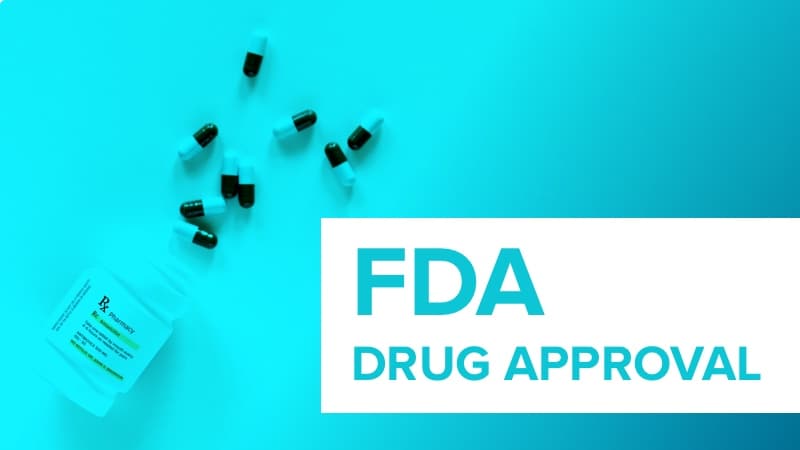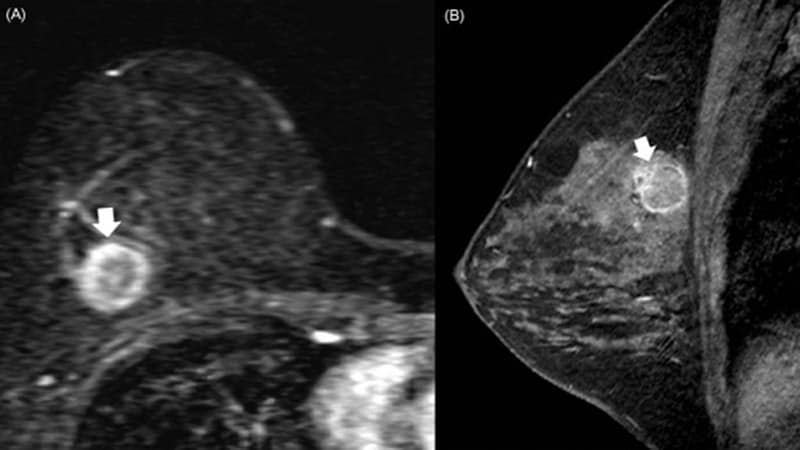Fish oil supplementation during pregnancy appears to increase the risk for overweight in offspring at age 10 years, new data suggested.
However, at least for now, several apparently larger benefits for children from fish oil supplementation during pregnancy appear to outweigh this possible adverse effect, experts said.
The new findings are the latest from a Danish prospective clinical trial of 736 pregnant women and their offspring. The women were randomized to 2.4 g n-3 long-chain polyunsaturated fatty acids (n-3 LCPUFAs) or placebo daily from pregnancy week 24 until 1 week post-birth. At 6 years, an early analysis found, the same children had higher body mass indexes (BMIs) with no difference in fat percentage.
But at 10 years, the children of the mothers who received fish oil supplementation still had higher BMIs, a higher body fat percentage, an increased risk for overweight, and higher metabolic syndrome scores than the children of non-supplemented mothers.
The results, published in the April 2024 issue of the American Journal of Clinical Nutrition, suggest that "supplementation might increase the risk of obesity in the long run," lead author Klaus Bønnelykke, senior physician at Herlev and Gentofte Hospital and professor of pediatrics at the University of Copenhagen, Copenhagen, Denmark, told Medscape Medical News.
However, he also said that the original report from the same study, the Copenhagen Prospective Studies on Asthma in Childhood, suggests that fish oil supplementation in pregnancy lowered the risk for early childhood asthma and infections by one third. Moreover, in the latest study, "with respect to the effect on growth, it is still unclear if this is a chance finding, since it was not expected and not reported in previous trials. Also, it remains unclear if this will reflect in more unhealthy growth or metabolism for the children in the longer run."
In an accompanying editorial of the current paper, Sjurdur Frodi Olsen, PhD, senior physician at Statens Serum Institut and professor of epidemiology at the University of Copenhagen, Denmark, wrote "the authors should be commended for their efforts: Their trial is among the best in the field. Their results, suggesting adverse health effects of the studied intervention, may even reflect the truth. However, I concur with the authors that these findings need to be replicated in future independent studies."
In an interview with Medscape Medical News, Olsen pointed to a recently published international expert review, finding sufficient evidence to support the use of long-chain n-3 fatty acids to reduce the risk for preterm birth. The recommended dose is ≥ 250 mg/d of docosahexaenoic acid (DHA) plus eicosapentaenoic acid (EPA) from diet or supplements, and in pregnancy, an additional intake of ≥ 100 to 200 mg/d of DHA. And for women who don't eat fish or who have low DHA blood levels, the recommended dose is 600-1000 mg/d of DHA + EPA or DHA alone.
Prior to this recommendation, there was already guidance for women of childbearing age to consume 250 mg/d of EPA and DHA through diet and to increase DHA intake by 100-200 mg during pregnancy. This was primarily for nutritional reasons to support fetal brain development, Olsen said.
The expert guidance regarding the use of fish oil supplementation to reduce the risk for preterm birth is based on several years of accumulated data, noted Olsen, who was one of the review's authors.
Adverse Metabolic Effects Seen at 10 Years
In the new study, compared with 274 children in the control group, the 282 children of fish oil-supplemented pregnancies had a higher average BMI at age 10 years (17.4 vs 16.9, P = .02) and z-scores (mean difference, 0.19; P = .03), as well as a higher proportion with overweight (odds ratio, 1.53; P = .047). There were no differences in weight, height, waist circumference, or the prevalence of obesity or underweight.
All 556 children had their body composition assessed by a bioelectrical impedance analysis scan. Those in the n-3 LCPUFA supplementation group had higher lean mass (P = .17), fat mass (P = .07), and fat percentage (P = .053) than the controls, after adjustment for age and sex. They also had higher metabolic syndrome scores (P = .053). None of these differences reached significance, the authors noted.
Olsen told Medscape Medical News, "Of course, this is very important. We all know that overweight and obesity are a public health challenge. But it is a single study. A single study will not lead to any changes and recommendations, and it should be replicated in other independent studies."
He also noted, "Preterm birth is a major issue. Preterm babies have increased risk of infections and mortality in the first months of life. And that's certainly something that we would like to prevent. And if there will be increased risk of overweight in the children, there might be ways of reducing that risk, like physical activity and being conscious about diet."
All funding for the study is received by Copenhagen Prospective Studies on Asthma in Childhood (COPSAC). The Lundbeck Foundation, the Ministry of Health, the Danish Council for Strategic Research, and the Capital Region Research Foundation have provided core support to the COPSAC research center. Olsen had no disclosures.
Miriam E. Tucker is a freelance journalist based in the Washington, DC, area. She is a regular contributor to Medscape, with other work appearing in the Washington Post, NPR's Shots blog, and Diatribe. She is on X @MiriamETucker.

.webp) 2 weeks ago
9
2 weeks ago
9


























 English (US)
English (US)